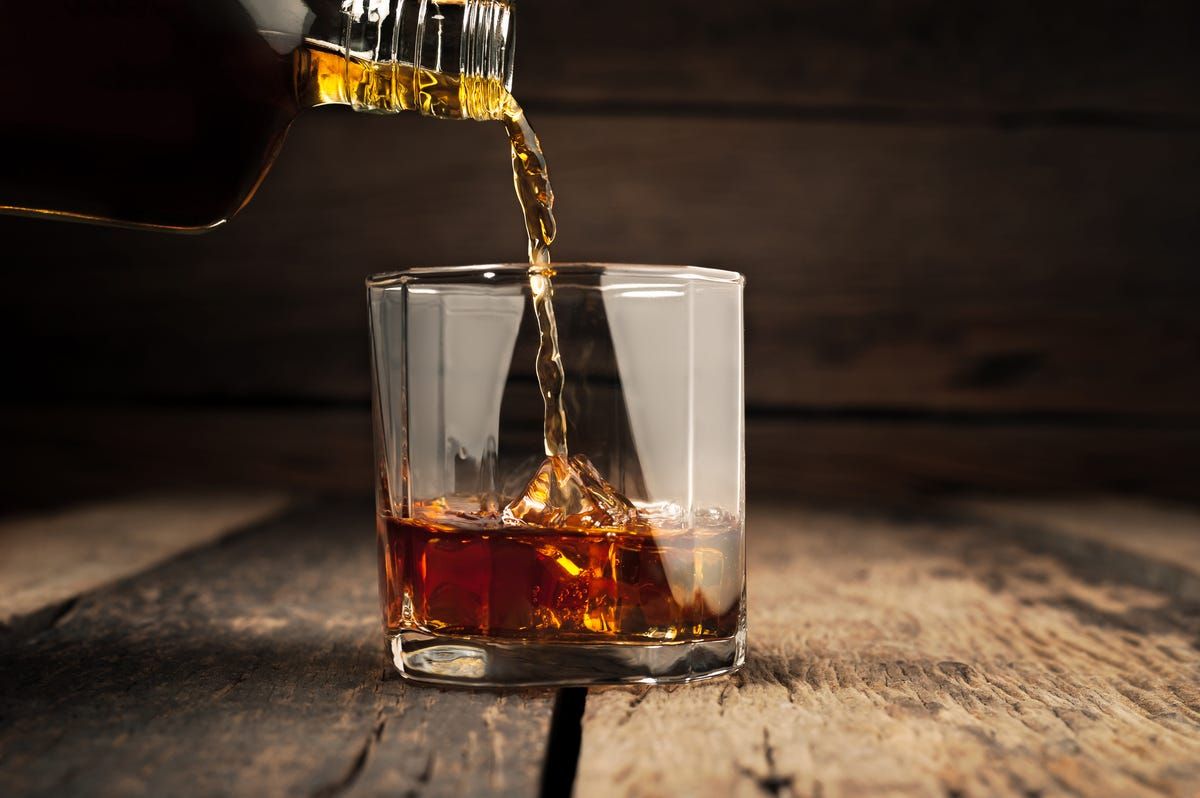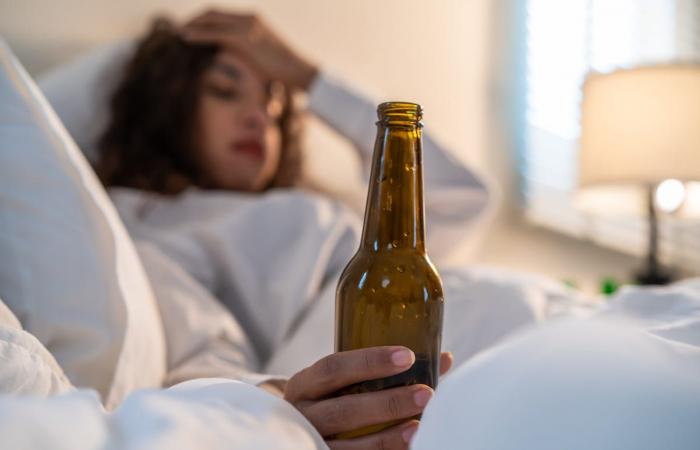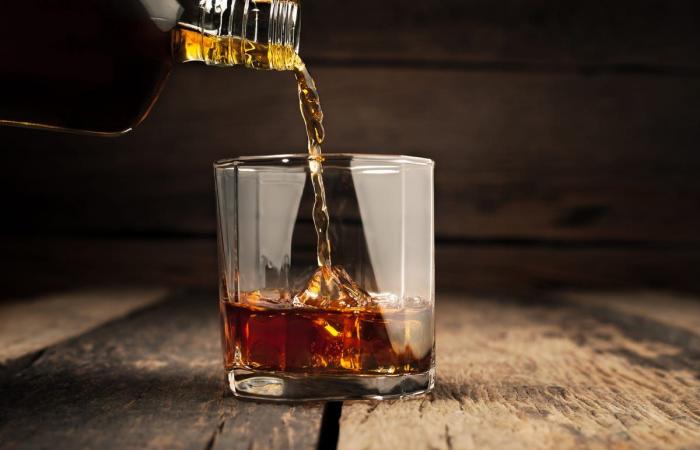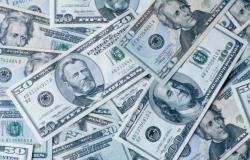When we drink alcohol, we can be overcome with feelings of calm and sedation. You may even feel relaxed enough that falling asleep seems easier, but those sweet dreams don’t last.
“Alcohol never improves sleep,” says Dr. John Mendelson, founder of Ria Health and clinical professor of medicine at the University of California, San Francisco. “Although alcohol helps you relax, making it easier for some to fall asleep, 3 or 4 hours after falling asleep, people wake up and can’t go back to sleep.”
Do not use alcohol as a temporary solution to an underlying problem. If you have trouble falling asleep, consider switching from drinking to relaxing activities in your night routine. It can be anything that helps your body relax: reading a book, taking a bubble bath, or do yoga poses before bed.
How does alcohol affect sleep?
Alcohol is a depressant of the central nervous system, which is why it gives you that pleasant and relaxed feeling. That’s why many of us fall asleep after drinking and why alcohol may seem to help you sleep. How alcohol affects sleep is not a single, simple question, because there are several ways that alcohol consumption influences sleep quality.
To be clear, we’re not just talking about excessive or binge drinking; A drink or two too close to bedtime can have a big impact on your sleep.
Here are four ways alcohol affects your sleep.
1. Alcohol disrupts REM sleep
Its relaxing properties make alcohol seem as a safe way to sleep at night. The quality of restful and restful sleep decreases. Research has shown that alcohol consumption disrupts the sleep cycle. particularly REM sleep. Remember, REM sleep is where dreams occur.
“Evidence now suggests that deeper sleep from alcohol is also associated with an increase in frontal alpha waves, markers of wakefulness and sleep disturbances. Therefore, deep alcohol sleep is likely not restorative,” says vado, a sleep psychologist and founder of the Better Sleep Clinic.
So while you may initially fall asleep faster, you won’t get the benefits of REM sleep throughout the night. When you don’t get enough REM sleep, you won’t feel rested and you’ll find that it affects your performance the next day. Studies have shown that daytime alertness decreases the day following a night of heavy drinking.
2. You wake up more often after a few drinks
We mentioned that alcohol is a depressant of the central nervous system. This means that excitatory nerve cells in your brain are suppressed, so you fall asleep. For most people, it doesn’t last long. As your body metabolizes alcohol, the excitatory nerves rebound. This process can cause you to wake up and have trouble going back to sleep.
While this is common, it doesn’t happen to everyone. To those I say, consider yourself lucky. This side effect happens to me almost every time I have a drink at night. Sure, the cocktail is fun while it lasts, but let me tell you, when I’m staring at the ceiling at three in the morning, I wish I’d skipped it entirely.
3. Alcohol suppresses the production of melatonin in our body.
Our bodies produce melatonin to help control our sleep-wake cycle, which coincides with sunlight. Our pineal gland releases melatonin. As the sun sets, we start to feel tired. When you drink, you are essentially disrupting your sleep-wake cycle.
Alcohol consumption decreases melatonin production, regardless of whether the sun has set. One study found that drinking alcohol an hour before going to sleep can suppress melatonin production by 20%.
We know what you’re thinking: I can just take a melatonin supplement and combat the side effects. Not so fast; It is not recommended to mix alcohol and melatonin. Potential side effects may include anxiety, high blood pressure, dizziness, or breathing problems. On a larger scale, mixing the two can affect your liver’s ability to produce certain enzymes.
4. Alcohol can amplify the effects of sleep disorders.
In the case of obstructive sleep apnea, where the muscles of the throat and tongue already impede the airway, alcohol worsens the condition. When you drink alcohol before bed and have sleep apnea, your throat muscles will be even more relaxed and collapse more frequently, resulting in frequent interruptions in breathing that last longer than normal.
Research suggests that alcohol consumption increases the risk of sleep apnea by 25%. It also contributes to lower oxygen saturation levels in patients with obstructive sleep apnea. Oxygen saturation It measures how much oxygen is in the blood and how effectively it can transport it to the brain, heart, and extremities.
Alcohol can also worsen insomnia, the most common sleep disorder, which is characterized by Difficulty getting to sleepwaking up during the night or waking up too early in the morning.
It is estimated that between 35% and 70% of people who drink alcohol live with insomnia. It’s a chicken and egg situation; Insomnia problems can be made worse by alcohol consumption. Insomnia has the potential to contribute to alcohol dependence.
At first glance, the sedative effects of alcohol may seem like they would relieve the symptoms of insomnia and help you fall asleep. Given the likelihood of disruptions to REM sleep and frequent awakenings, it is not recommended that anyone consume alcohol to treat insomnia symptoms.

How to sleep better after drinking alcohol
You can still enjoy a drink and sleep well. Use these tips to ensure your favorite cocktail never keeps you up at night.
Pay attention to how alcohol affects your sleep
You should be aware of how alcohol affects you and your sleep schedules. “Keep a sleep log to measure duration and quality, and add the quantity and timing of drinks to that log to see if you notice patterns related to sleep quality,” advises Mendelson.
It can be as complicated or simple as you want. You can journal it or just refer to it yourself in the morning. The impact alcohol has on your sleep will be specific to you. If you’re trying hard to pay attention to how it affects you, you can set limitations based on your body and your needs.
Stop drinking at least 4 hours before going to sleep
You can still enjoy a cocktail and sleep well. It is not necessary to give up alcohol completely, but time your drinks It can be the difference between sleeping through the night and tossing and turning.
“If you choose to drink alcohol, do so in moderation and stop at least four hours before bedtime to avoid its negative effects on healthy sleep,” advises Dr. Raj Dasgupta, assistant professor of clinical medicine at the Keck School of Medicine of the University of Southern California.
To put this into perspective, 4 hours before bed is about dinner time for most people. Four hours is a good benchmark because it gives your body time to metabolize the alcohol and ensure it doesn’t affect your sleep.
Too long, didn’t you read?
We’re not here to tell you that a drop of alcohol will ruin the quality of your sleep. There are some nuances that you will come across. Drinking alcohol, specifically 4 hours before bed, can help you fall asleep faster but ultimately reduces your REM sleep and potentially wakes you up later. Timing your cocktails or switching your drink to a mocktail is a great way to ensure that sleep soundly all night.








